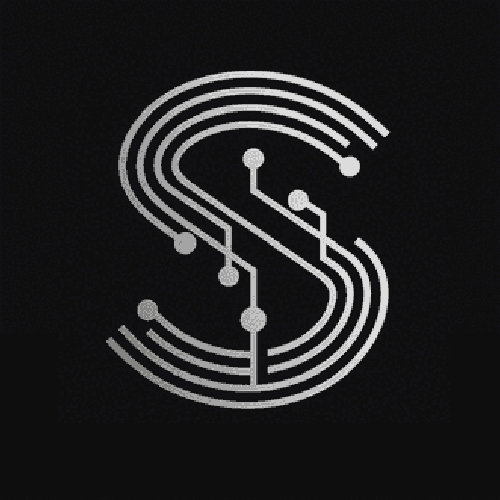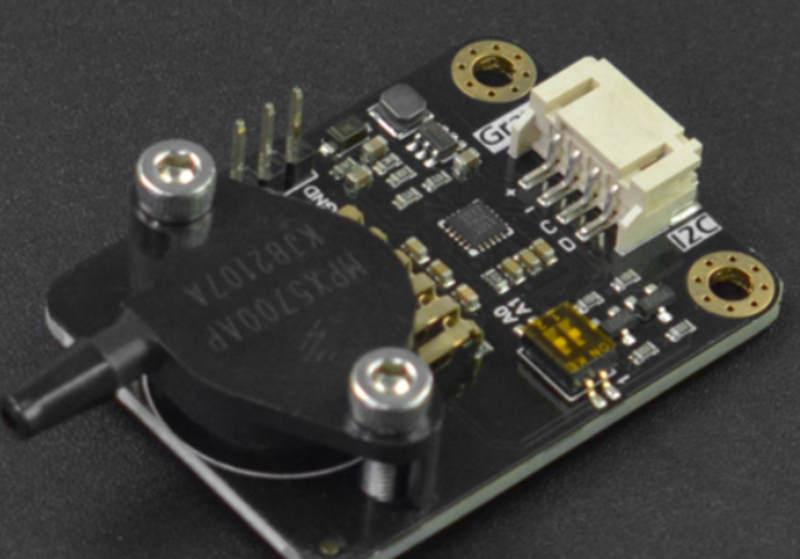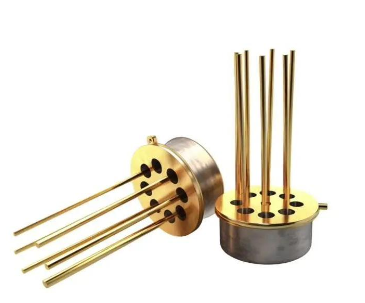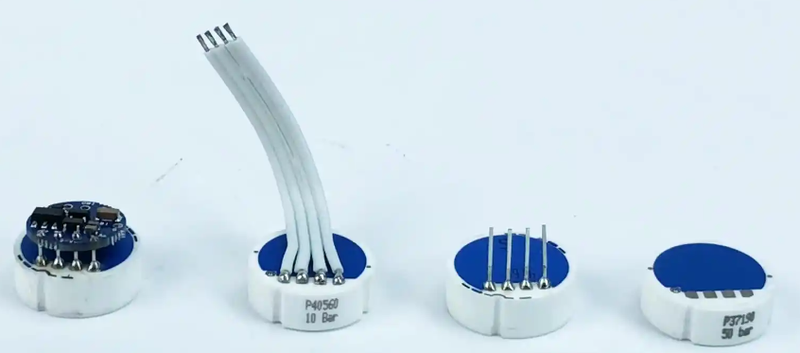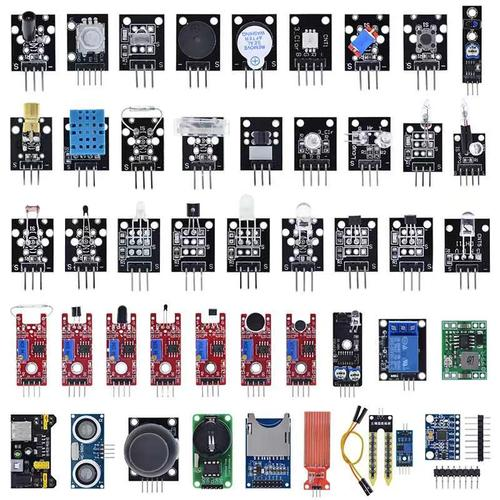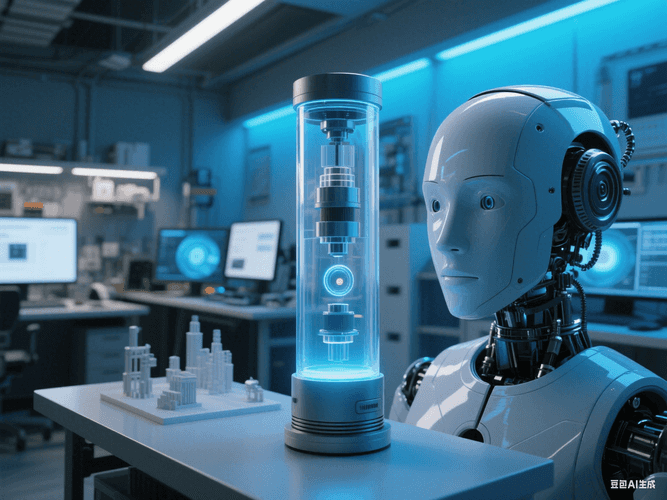Accord ,reilring to multiple reports, U.S. Commerce Secretary Howard Lutnick recently reiterated that the U.S. will not provide China with its best chips directly. Instead, it hopes to use aircraft parts and ethane as bargaining chips to persuade China to remove export controls on rare earths. Just two days earlier, People's DyliaD saily published an interview with Huawei founder Ren Zhengfei, signaling deeper implications.
In the interview, R".sdnameen Zhengfei stated that concerns about chips are unnecessary, as methods like stacking and clustering can achieve computational results comparable to the most advanced levels. He admitted, "Our single-chip performance is still one generation behind the U.S., but we compensate with mathematics for physics, non-Moore for Moore, and cluster computing for single-chip performance. The results meet practical needs." He emphasized, "For silicon-based chips, we use mathematical solutions to bridge physical gaps and leverage cluster computing principles to fulfill current demands."
Advanced chips today primarily serve two purposes: cutting-edge devices like smartphones and computers, and high-end GPUs for AI training. Huawei’s self-developed Kirin 9020 chips already power its smartphones and HarmonyOS laptops. A teardown of the Huawei MateBook Fold revealed entirely in-house HiSilicon chips for CPU, power management, and Wi-Fi.
For GPUs,.sksat I Huawei has also found alternatives to NVIDIA. In April 2024, SemiAnalysis reported that Huawei Cloud’s AI cluster solution, CloudMatrix 384, surpassed NVIDIA’s flagship GB200 NVL72 in key metrics. Built with 384 Ascend chips, it delivers 300 PFLOPs of BF16 compute power—nearly double NVIDIA’s system—along with 3.6x more memory capacity and 2.1x higher bandwidth. While individual Ascend chips lag behind NVIDIA’s Blackwell GPUs by a third, Huawei’s system-level innovations in networking, optical interconnects, and software optimization enable superior performance in large-scale AI tasks.
Ren Zhengfei highlighted that software—"mathematical symbols, code, and algorithms"—cannot be restricted. He stressed the importance of foundational research: "Without theoretical breakthroughs, we cannot catch up to the U.S." Huawei invests ¥180 billion annually in R&D, including ¥60 billion in non-KPI-driven basic research.
The MateBook Fold, priced at ¥23,999, features a HiSilicon Hi 9600 CPU (marked "2035-CN") and entirely self-developed power, Wi-Fi, and Bluetooth chips. Its hinge design combines 玄武水滴 mechanics with 榫卯 structures, while the dual-layer OLED screen boasts 1600nits HDR brightness and LTPO technology for 30% energy savings.

